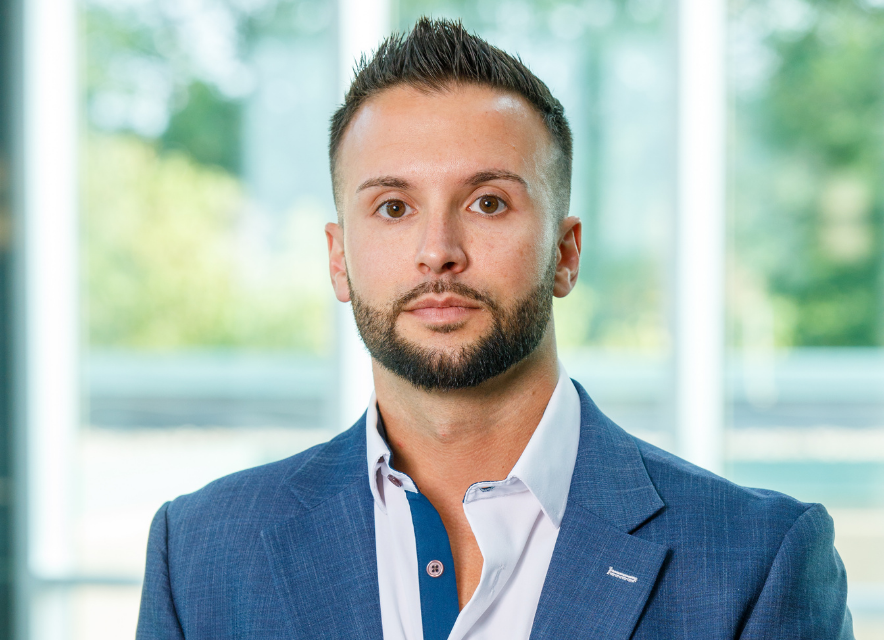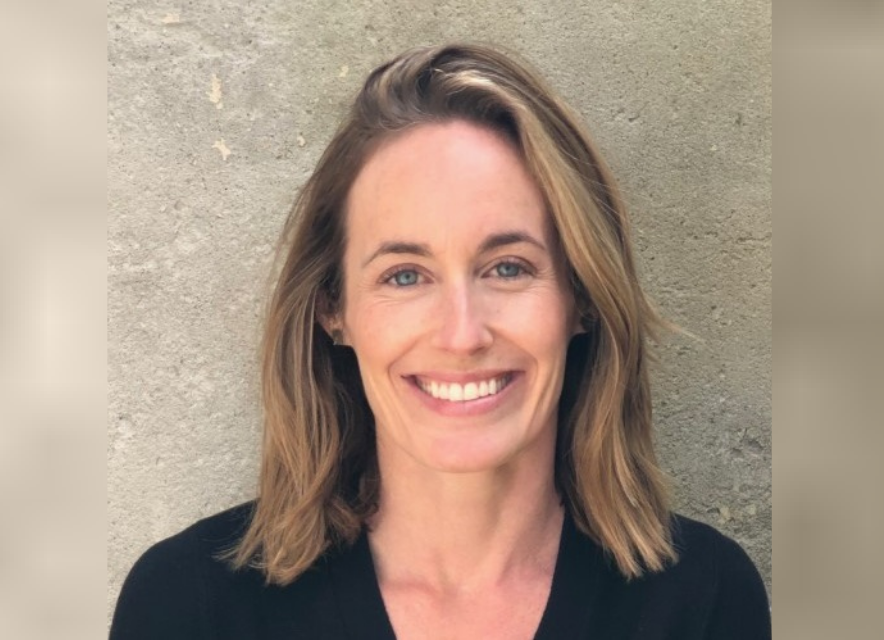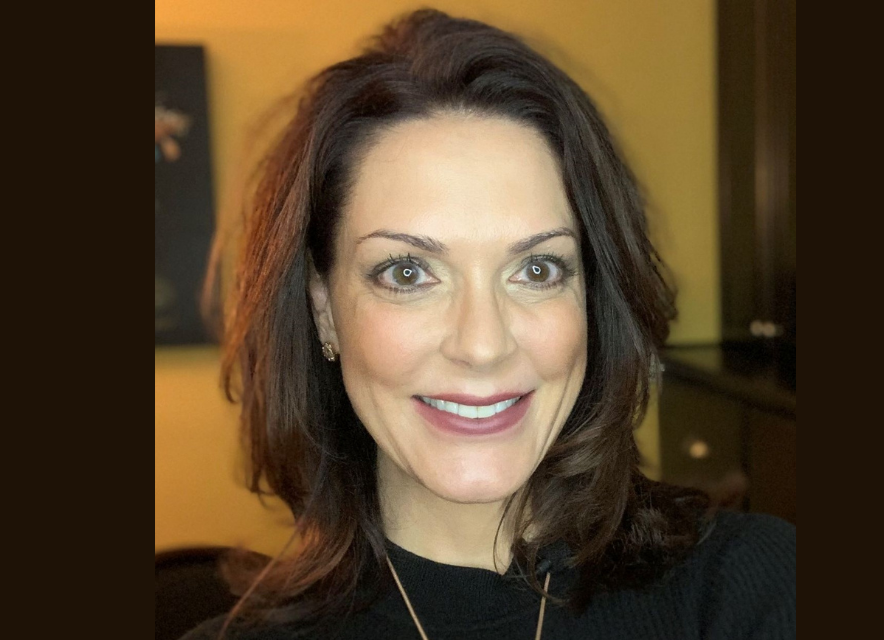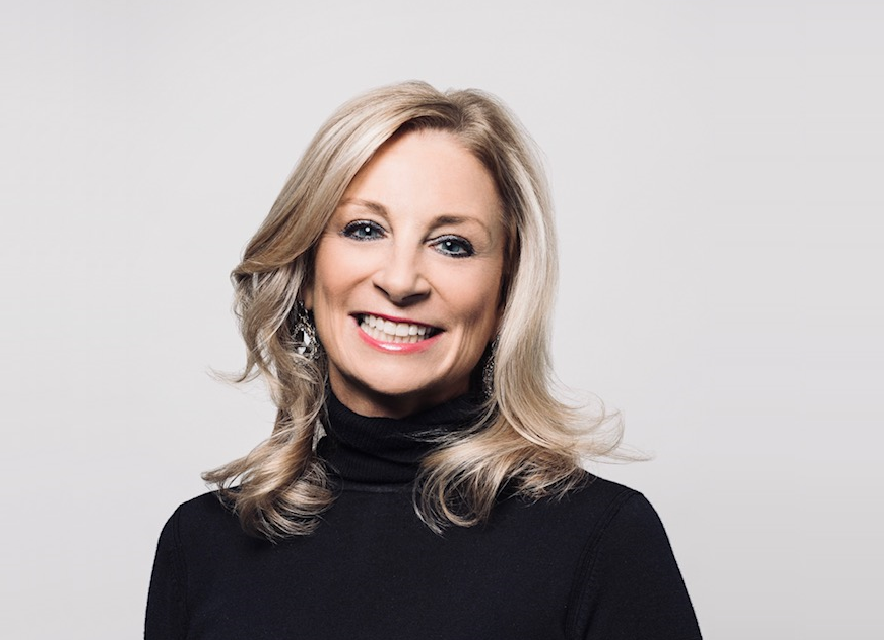Podcast: Play in new window | Download
Subscribe: RSS
For what seems like a very long time we’ve been talking about how the global pandemic has impacted the client experience and if these changes will be only temporary. Absolute Engagement’s latest investor research, with Investments & Wealth Institute, delivers some answers – and reminds us of the danger of making assumptions. In today’s podcast, we examine this new data and discuss how the pandemic has affected clients’ concerns, expectations, and views of the future.
Our conversation includes:
- The impact of the global pandemic on client behaviors and feelings
- Why advisors can’t make assumptions about client experience
- The untapped opportunities for advisors to add value to clients
- The connection between client self-confidence and your review process
- Client perceptions of virtual reviews
Takeaway Quote:
“The research is clear. Client experience needs to change. What isn’t as clear is if and how advisors will respond going forward.”
Resources:
Investments & Wealth Institute
2021 Investor Report
Want more?
Stephen Wershing:
Website: https://clientdrivenpractice.com
LinkedIn: https://www.linkedin.com/in/stephenwershing/
Twitter: @swershing
Julie Littlechild:
Website: www.absoluteengagement.com
Julie’s Blog: www.absoluteengagement.com/blog
LinkedIn: https://www.linkedin.com/in/julielittlechild/
Twitter: @jlittlechild
Episode Transcript:
Read More
Stephen Wershing:
Welcome to Becoming Referable, the podcast that shows you how to become the kind of advisor people can’t stop talking about. I’m Steve Wershing. On this episode, we review my co-host, Julie Littlechild’s newly released research on investor sentiment. One of the first studies to be released, gauging the effects of the pandemic on your clients. Julie Littlechild has worked with and studied advisors and their clients for 25 years. She launched and ran one of the industry’s leading research firms, focused on client engagement. She founded and now runs Absolute Engagement, a firm utilizing direct input from clients to drive engagement and growth. She writes a popular blog, wrote a book, also called Absolute Engagement, and maybe most significantly is my co-host on the podcast, Becoming Referable.
Stephen Wershing:
Julie’s been studying investors and their relationships with advisors since 2008, with the release of her first version of the study, The Economics of Loyalty. She’s updated the research almost every year. Last year’s study was based on data that was collected just before the pandemic started. And so, this year’s study provides fresh insights about client concerns and expectations of their advisor. We discuss how clients’ outlook has changed. We review how clients feel about how well their advisors supported them through the pandemic. And we dig into some specifics and ways that expectations have changed, including things like the frequency of meetings and how they feel about virtual meetings.
Stephen Wershing:
We frequently talk on the show about the importance of staying in touch with what clients need and want, and how they periodically change and how this past year has changed many of those expectations like never before. I know you’ll get a lot out of this episode. So, here now, is my conversation with my co-host Julie Littlechild. Well, Julie, I’m very excited for this conversation today, because I know you have been very busy in your firm. For those of you who don’t know this, one of Julie’s claim to fame is that she does investor research and has come out with a series of studies all the way back to 2008, asking investors and clients about their perceptions of what we for them. And you have just wrapped up a new version of that, an updated version of that study, is that right?
Julie Littlechild:
Yeah, that’s right. So, yeah, we’ve been doing this almost every year and it’s been particularly pertinent over the last couple of years. I don’t know if you recall, I’m sure we talked at the time, last year, we did our investor research. It went into field on March 10th and we had really no clue about what was about to happen. Maybe I wasn’t paying attention, but I certainly really did not. And so, it was in field from the 10th to 24th and it ended up being this rare gift in retrospect, where you thought, wow, we get to look at this very unique period in time. And so, obviously, was keen to look at this year. This year, looking back, we were able to ask some very targeted questions about the pandemic, since now we knew what actually did happen. So, it’s been an interesting time to talk to investors, for sure.
Stephen Wershing:
Yeah. So, last year’s version, how long was that in the field? How much time did people have to answer the questions so that they might have been affected by the concerns about what was coming?
Julie Littlechild:
Well, we always go, it didn’t feel for about two weeks and that’s the same every year. But what was really interesting last year is, that I’ve never done this before, but we cut the data based on when they responded.
Stephen Wershing:
Oh, interesting.
Julie Littlechild:
And so, we had these three groups, it was like March 10th, 11th, and so on and so forth. And you could see differences within the two weeks. And that, to me, was in and of itself, maybe one of the more compelling findings. And I think we see this theme working its way through this year as well, that needs and expectations and concerns are fluid. And so, the fact that we could see data changing over that period of time was just an indicator in my mind, and I know you’ll agree with me on this, that we need to keep our finger on the pulse of how clients are feeling.
Stephen Wershing:
Sure. Especially during a worldwide pandemic. So, keep that in mind, listeners, if there’s a global pandemic, make sure you keep in touch with your clients. So, let’s take a look at what you learned this year. So, let’s just start with the easy upfront stuff. What kind of financial impact did people express since the pandemic?
Julie Littlechild:
Yeah, so, just for context and we’ll get into this, we really focused on client experience a lot, as you can imagine, like what has changed, what has developed, how are people feeling. And you’re right, one of the simple questions we asked was just what has the financial impact been. And what we saw there was actually a very normal distribution in a way. So, about 45% said, “No impact at all.” 29% said it was actually somewhat to strongly positive, and we know there’s a group of individuals who’ve benefited. And then 26% said it had been somewhat or strongly negative. So, I don’t know that the biggest finding in a way was around financial impact. It just impacted people in different ways that they were worried about other things, I suppose.
Stephen Wershing:
Yeah. Well, based on what we’ve been hearing from out in the field, I wouldn’t have expected people to be talking about a big financial impact, but that’s a logical place to start. So, people have a fairly muted response, I mean a fairly easily expected response on the financial stuff. So, one of the things that you asked about as well is what’s their outlook. So, if they had a fairly muted response on the financial impact, is that what you found about the outlook as well?
Julie Littlechild:
Well, there, when we began to say a little more broadly, how has the pandemic impacted how you think about your financial future? It’s a very different question, but there, and again, maybe expected, but good to see the numbers. They said, “Yes, to a much higher degree.” So, about 69% of clients said it was either a neutral change, but some change or right up to a significant impact. Only 31% of clients rated a one or two on that question, which was quite low. So, they were telling us that, “Yeah, irrespective of whether the financial impact was positive, negative, or neutral, this experience has changed how I think about my financial future.”






Leave A Comment